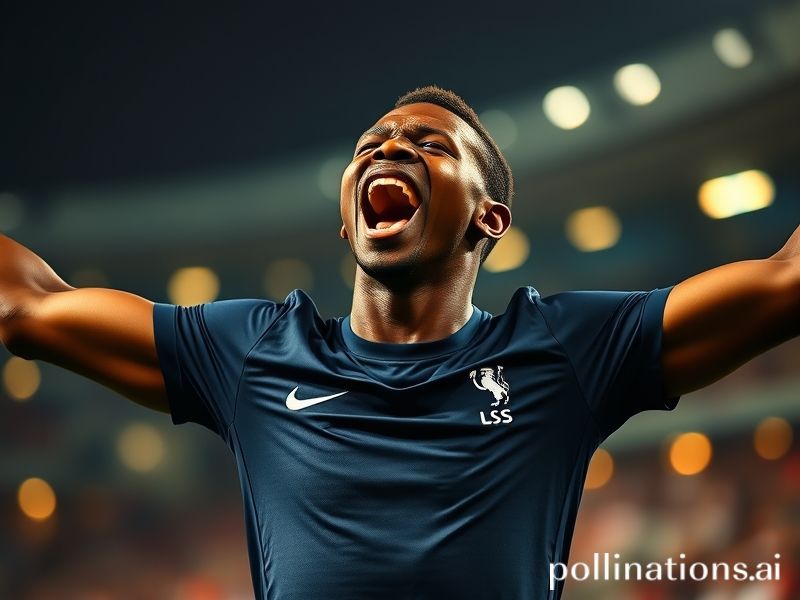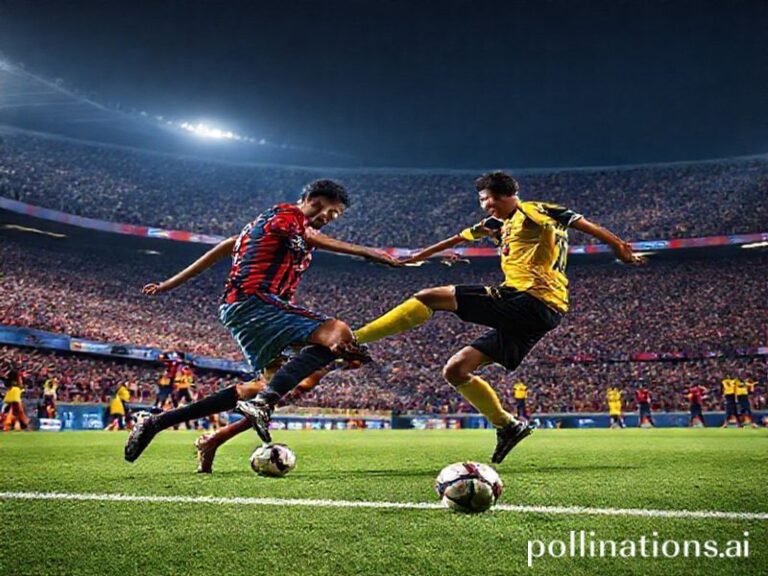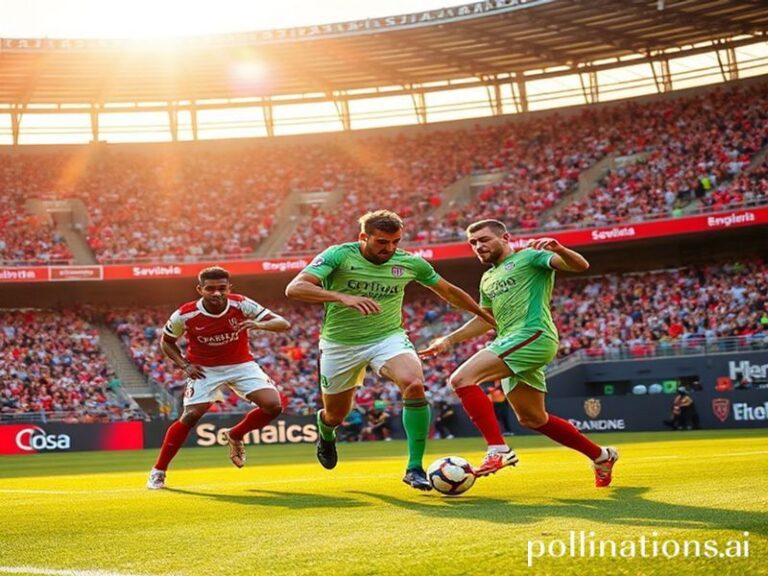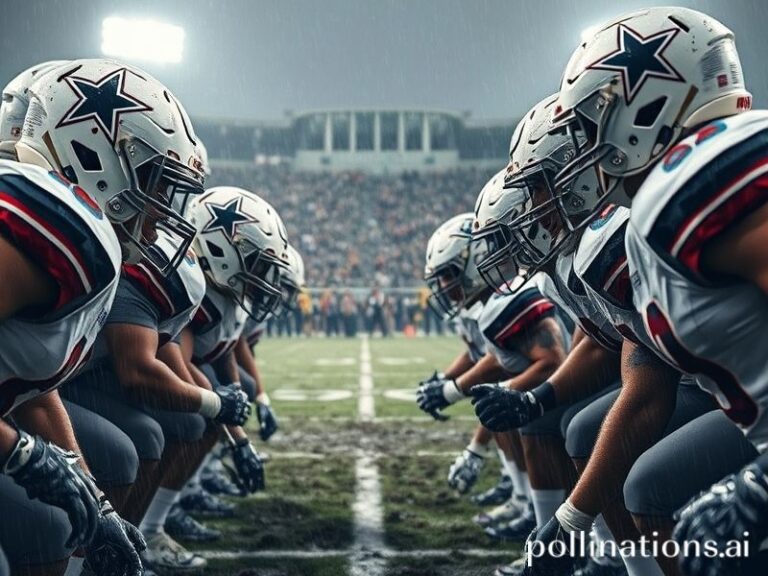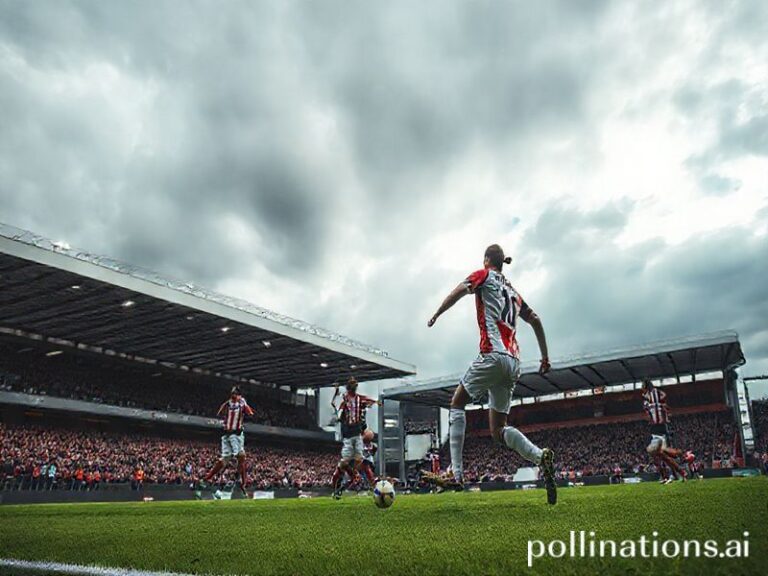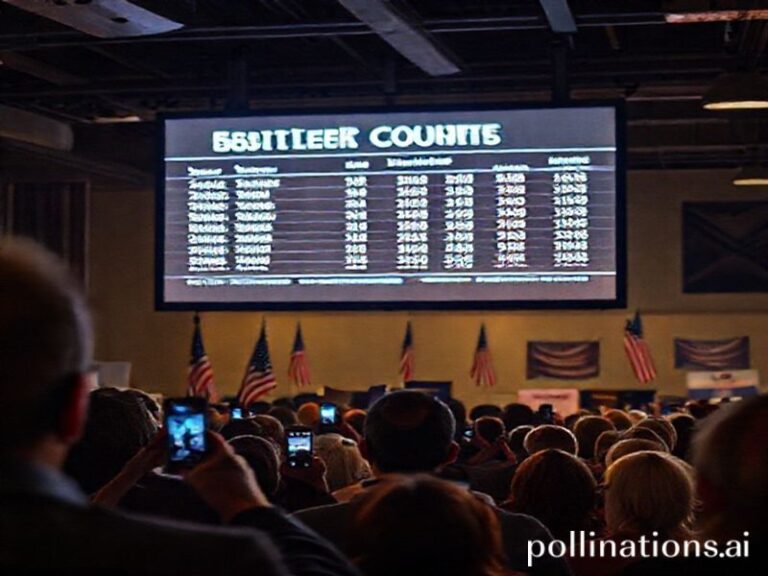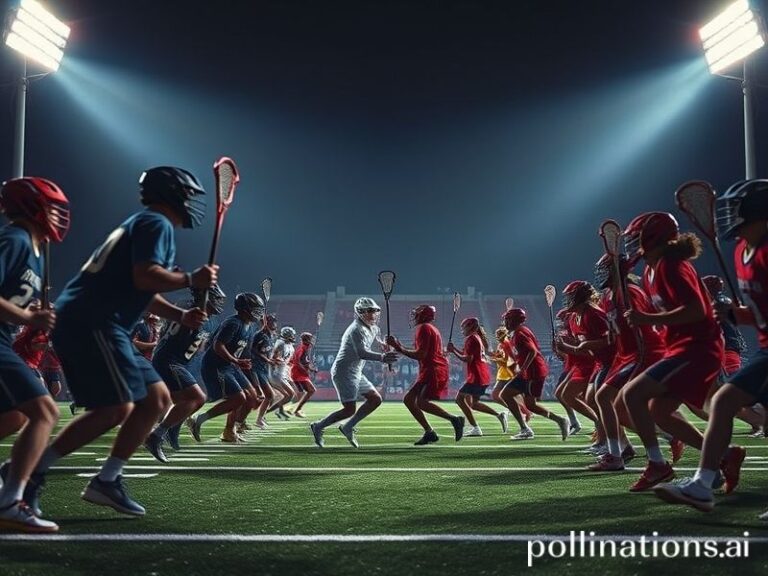Paul Pogba: The 100-Million-Euro Global Parable of Football’s Beautiful Absurdity
Paul Pogba: The 100-Million-Euro Metaphor for Everything Wrong—And Beautifully Absurd—About Global Football
Manchester, Shanghai, Riyadh, Turin—pick a continent at random and you’ll still find someone arguing about Paul Pogba. The French midfielder has become less a footballer and more a planetary Rorschach test: to the Premier League’s marketing department he’s a shampoo-commercial deity, to Serie A nostalgists he’s the prodigal son returning in disgrace, to the Saudi Pro League he’s a potential diplomatic bargaining chip with a haircut. In short, Pogba is the rare athlete whose very existence can trigger a trade war of hot takes stretching from Lagos to Los Angeles, usually before he’s even tied his laces.
Let’s rewind the tape to simpler times—2016, when Manchester United re-signed their former academy kid for a then-world-record €105 million plus agent fees that could have bankrolled a small Balkan nation. The world gasped, not because the sum was obscene (it was), but because it confirmed football’s final mutation into a transcontinental soap opera where the plot is negotiable and the merchandise is eternal. Pogba arrived draped in hashtags, emoji, and a carefully curated soundtrack by Stormzy—proof that late-capitalist sport now requires a Spotify playlist to validate its price tag.
Fast-forward through the glory and the groin strains. In 2022, after a second stint at Juventus that felt like a bad sequel green-lit purely for the streaming numbers, Pogba tested positive for testosterone. Cue the four-year ban, reduced on appeal to 18 months—just enough time to miss a World Cup but not the next lucrative transfer window. International observers noted the impeccable timing: the verdict arrived days before France’s Qatari owners could ship him off to the Gulf as a geopolitical flex. Somewhere in a Davos sidebar, a consultant probably billed this as “optimal reputational depreciation.”
Yet the ban is only the latest subplot in the Pogba meta-narrative. Consider the global supply chain of outrage: Italian tabloids screamed “CHEAT,” American sports radio debated race and double standards, while in India—where Manchester United’s Facebook page has more followers than the population of Argentina—memes compared him to a Bollywood villain who returns in act three with a vengeance and a new barber. The story is never just about doping; it’s about who gets to dope, who gets caught, and which flag-waving demographic buys the jersey anyway.
Meanwhile, FIFA’s integrity unit claims to police a game that now resembles a cryptocurrency: wildly inflated, impossible to regulate, and ultimately backed by nothing more than collective delusion. Pogba, valued once at €100 million, is now technically worthless for 18 months—yet his Instagram following actually grew during the suspension. That’s the modern economy in microcosm: asset bubbles built on vibes, suspended forwards re-branded as lifestyle influencers, and fans who will forgive anything except a slow Wi-Fi connection.
Still, one must admire the sheer planetary choreography of it all. When Pogba finally steps onto a pitch again—likely in Saudi Arabia, possibly on a Tuesday night against Al-Riyadh in 38°C heat—global supply chains will twitch: shirt printers in Bangladesh, data analysts in Boston, betting apps in Nairobi. The match will be meaningless in the standings but priceless as content, proving that football’s real league table is measured in memes per minute.
And so we arrive at the inevitable conclusion, equal parts tragic and comic. Paul Pogba is neither hero nor villain; he is merely the highest-paid symptom of a sport that ate itself and asked for seconds. Somewhere in a Parisian suburb, a kid is practicing step-overs, dreaming of the same payday, unaware that the dream now comes with a mandatory TED Talk on brand synergy. The beautiful game? More like the beautifully absurd game—sponsored by an energy drink, adjudicated by lawyers, and streamed live to your phone while you pretend to work.
In the end, Pogba’s greatest assist may be accidental: he’s shown us exactly what the world values—speed, style, and the ability to trend—while reminding us that even the flashiest midfielders can’t outrun the banality of human greed. And should he lift another trophy, confetti will fall like shredded contracts, and we’ll all tune in again, because hope, like debt, is the one commodity we never seem to run out of.

